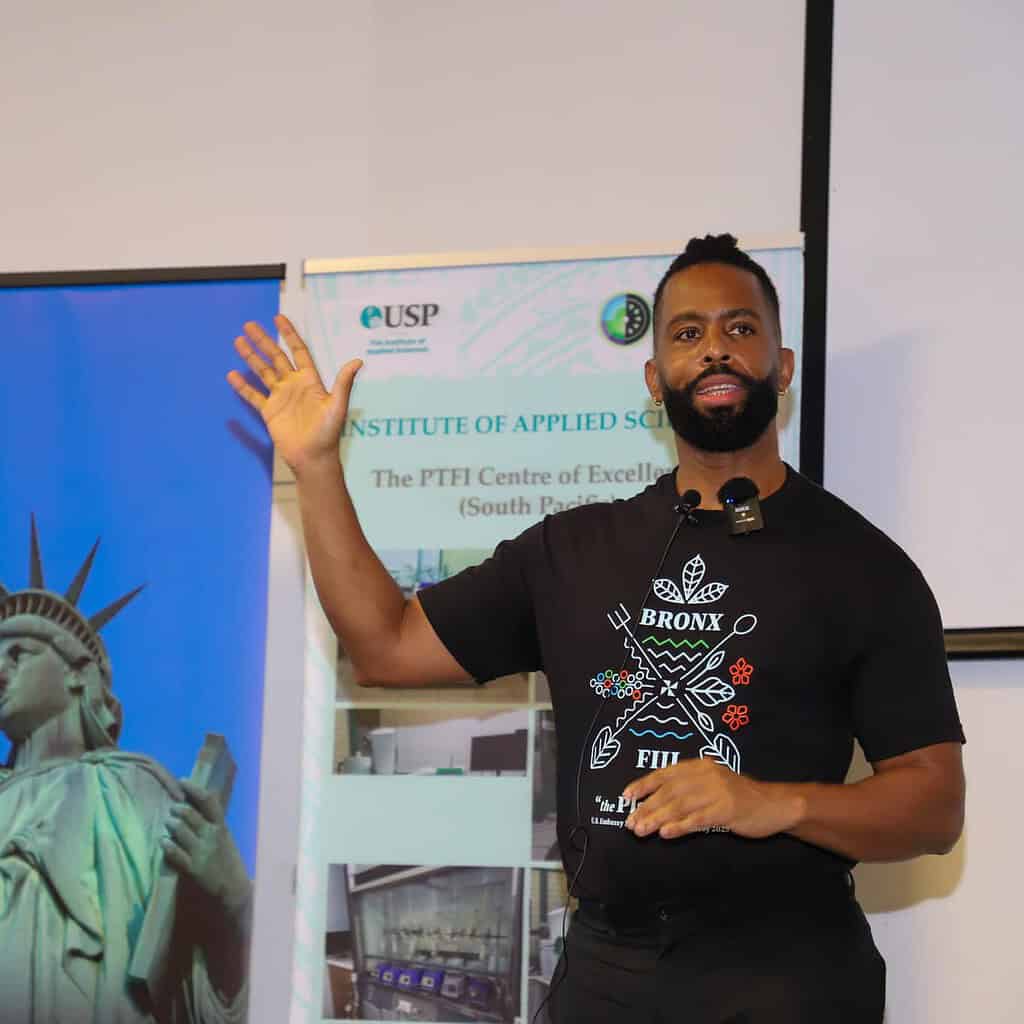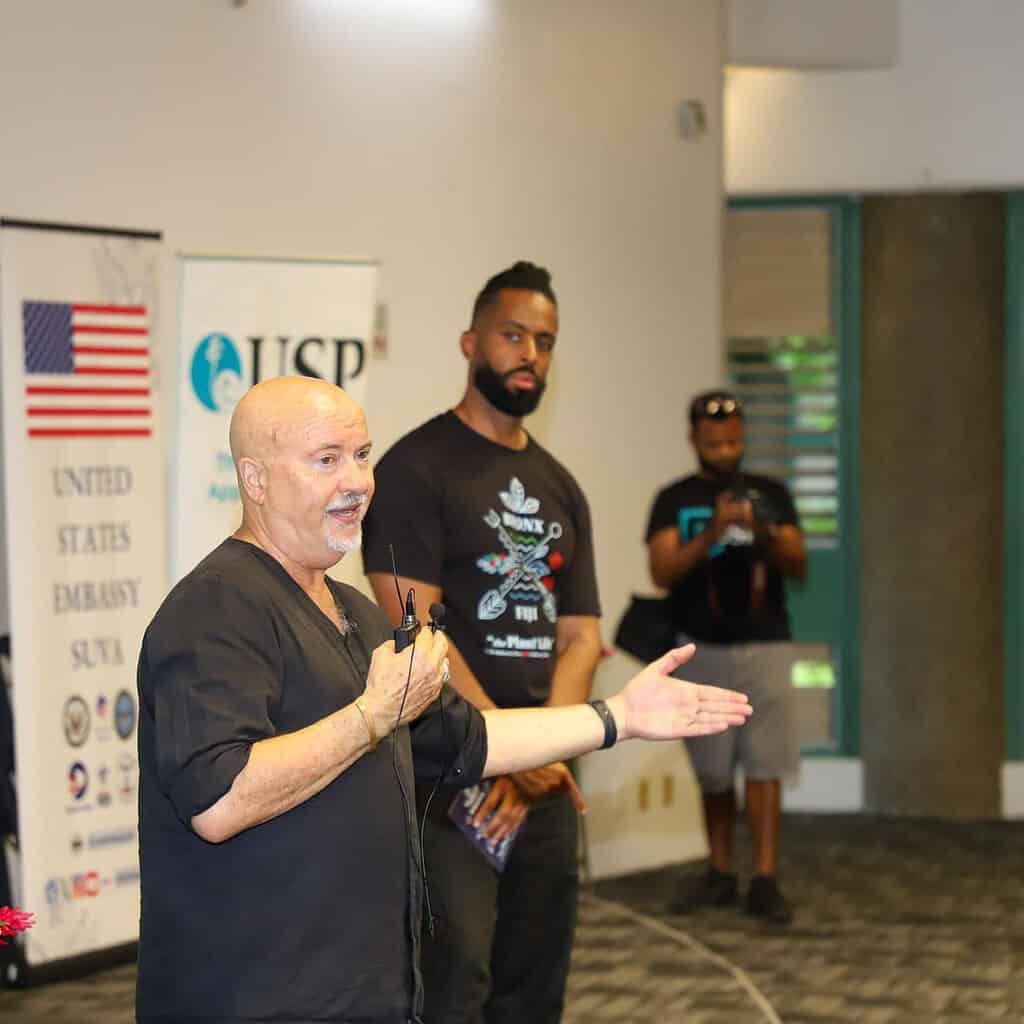A discussion on Indigenous foodways and community-based approaches to healthy eating solutions has heard of the need for more significant research into the composition of local foods.
Experts convened at the University of the South Pacific (USP) in Suva for a roundtable discussion on the importance of understanding local food systems, reviving traditional diets, and addressing the rising tide of non-communicable diseases (NCDs) in the Pacific region last week.
Dr Vincent Lal, Laboratory Manager at USP’s Institute of Applied Sciences, started the discussion by raising critical questions about the food we consume. He pointed out that while many familiar items can be found in supermarkets, we often don’t know what’s inside them. “We know certain foods have healing properties, but the compounds that make them beneficial are still largely unknown,” Dr Vincent explained.
He emphasised the need for more significant research into the composition of local foods, particularly in the context of the Pacific, where many indigenous food sources are underutilised in modern diets.
The roundtable discussion also discussed the global effort to create a “Periodic Table of Food,” an initiative led by a network of centres of excellence across the globe, including USP. This project aims to standardise food composition data and make it accessible to the public, particularly in developing regions.
Dr Vincent shared that USP, alongside the University of Adelaide, is focusing on the Oceania region and working towards cataloguing the unique edible biodiversity of the Pacific Islands.
The project will enhance analytical skills by offering training and research fellowships to local scientists and food experts.
“We need a standardised platform to compare food data globally, especially as we work to map the nutritional value of foods here in the Pacific,” Dr Vincent said. “This initiative will empower local stakeholders to lead data-driven solutions for better health.”
Henry Obispo, a New York-based urban farmer and chef, also attended the discussion, and drew parallels between his work with food systems in the Bronx and the challenges faced by Pacific communities. Obispo, who has worked with immigrant communities to promote plant-based and sustainable diets, shared his vision of how community-based solutions could tackle food insecurity and encourage healthier eating.
“Food has the power to heal, but it also connects us to our heritage,” Obispo said. “We can develop solutions that honour both our cultural food systems and the urgent need for healthier options.”



Chef Robert Oliver, an advocate for Pacific cuisine and host of the Pacific Island Food Revolution TV show, also joined the discussion. Focusing on the alarming rise of NCDs in the Pacific, Oliver explained how modern dietary shifts away from traditional foods have contributed to the crisis.
“Processed and convenience foods have taken over, but we need to restore and revamp our local food systems,” Oliver said.
A key theme from the roundtable was the power of education and community engagement. Whether through global initiatives like the Periodic Table of Food Initiative or locally driven projects like the Pacific Island Food Revolution, the goal is to build local capacity and empower communities to take control of their health through food.
“Changing the food system in the Pacific is a long-term commitment, but we are at a pivotal moment where we can make a real difference,” Dr Vincent concluded.
As Pacific Island nations continue to face growing health challenges, experts agree that re-engaging with indigenous food systems, promoting local biodiversity, and building capacity for scientific research and education will be essential to ensuring a healthier future for the region.
